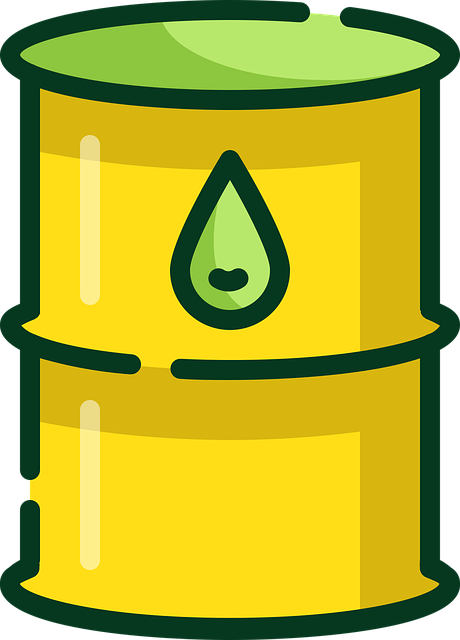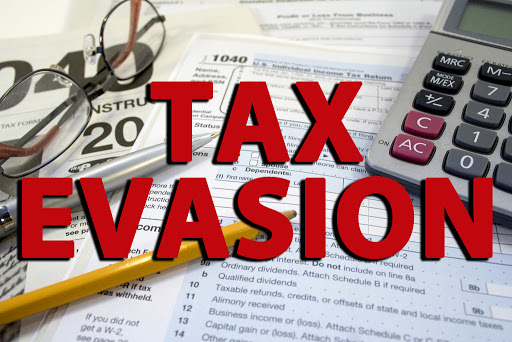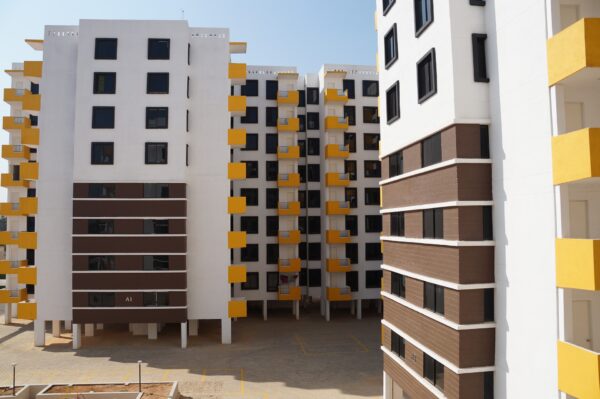The general impression among people seems to be that bringing petrol and diesel under GST will bring down their retail price. But is that possible? The central government currently earns an excise duty of ₹32.90 per litre of petrol sold and ₹31.80 per litre of diesel sold
As fuel prices have surged in the recent past, so has the talk around bringing petrol and diesel under the ambit of goods and services tax (GST).
Finance minister Nirmala Sitharaman recently told the Press Trust of India: “Whenever the GST Council decides to take up this issue, they are well within their interest to take it up and discuss. It’s a call that the Council has to take.”
The general impression among people seems to be that bringing petrol and diesel under GST will bring down their retail price. But is that possible? The central government currently earns an excise duty of ₹32.90 per litre of petrol sold and ₹31.80 per litre of diesel sold, respectively. The state governments charge a value-added tax or a sales tax on every litre of petrol and diesel sold, as well. The rate varies across states. Take a look at the chart below. It plots the total amount of revenue collected by central and state governments by taxing petroleum products over the years.

What the chart tells us is that both the central government and state governments earn a lot of money by taxing petroleum products, a bulk of which comes from taxing petrol and diesel. In 2019-20, governments had earned around ₹4.24 trillion by taxing petroleum products.
In fact, in the nine months to 31 December, governments have collected around ₹3.72 trillion. At this rate, the total taxes collected from petroleum products will easily cross ₹4.5 trillion in the year to 31 March. If the GST Council decides to bring petrol and diesel under the ambit of GST, it will have to ensure that governments continue to earn the kind of money through petroleum taxes that they have been in the past.
The following table shows the breakdown of the price of petrol in Delhi as of 1 March.

The price charged to dealers by oil marketing companies as of 1 March was ₹33.54 per litre. On top of this, there was an excise duty of ₹32.90 per litre and a dealer commission of ₹3.69 per litre. This added up to ₹70.13 per litre. On this, there was a value-added tax of 30%, charged by the state government, which worked out to ₹21.04 per litre. Hence, the retail price of petrol in Delhi was ₹91.17 per litre ( ₹70.13 + ₹21.04). The numbers for the above calculation may vary from state to state, but the logic stays the same.
The total tax on petrol in Delhi works out to ₹53.94 per litre ( ₹32.90 excise duty + ₹21.04 value-added tax). Hence, the total tax on petrol works out to around 161% of the price charged to dealers. Also, it works out to around 145% of the price charged to dealers plus the commission earned by them. If we were to do a similar calculation for diesel, the total taxes of the state and the central government work out to 124% of the dealer price in Delhi.
When it comes to GST, the most used rates are 12%, 18% and 28%, respectively. None of these rates is anywhere near the actual tax rate on petrol and diesel right now. At these rates, the governments won’t even earn a fraction of the taxes that they are currently earning.
For petrol and diesel to be brought under GST, the rates will have to very high, even higher than 100%. Only then will the governments be able to earn the kind of money they currently are. While current taxes on petrol and diesel are more than 100%, the system of taxation is not so transparent. Hence, most people do not realize the high taxes they are paying.
Of course, GST will put in place a more transparent taxation system. The trouble is which government will want to come up with an indirect tax that is even higher than 100%. It will be political suicide. Hence, only when the dependence of governments on taxes earned from fuel comes down will it be possible to bring petrol and diesel under GST. And for that to happen, economic growth has to get back on track.
Source: livemint.com
Follow us for free tax updates : facebook Twitter
***
Subscribe our portal and get FREE Tax e-books , quality articles and updates on your e-mail.
Resolve your GST queries from national level experts on GST free of cost.
TW Editorial Team comprises of team of experienced Chartered Accountants and Advocates devoted to spread the knowledge of GST amongst the various stakeholders.




